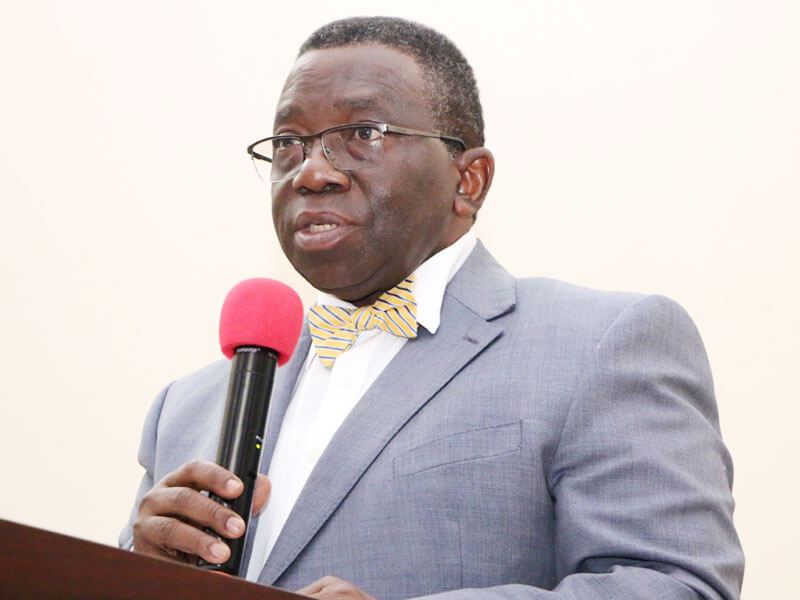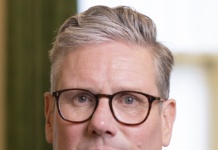The dearth of medical doctors in Nigeria may have attained pandemic levels to fulfil ideal medical contexts for a nation endowed with sufficient human capital to meet the prescribed standards for its population.

No fewer than 155,000 additional doctors at the ratio of one doctor to 1000 people would be need in Nigeria to achieve the Universal Health Coverage (UHC).
Prof. Usman Ahmed, Provost, College of Medicine and Health Sciences, Federal University Dutse has said this is to make more people have access to healthcare.
According to World Health Organisation (WHO), Universal Health Coverage aims to ensure that all people have access to the needed services of sufficient quality without exposing persons (recipients) to financial hardship.
Ahmed, who is also a professor of health sciences, University of Manchester, UK told the News Agency of Nigeria on Tuesday in Abuja that data from the Federal Ministry of Health shows that there were 45,000 doctors registered and practicing in Nigeria, which is a ratio of one doctor to 4008 people.
“Even if we take it as one doctor to 4000 people and we want to have UHC, meaning a minimum of one doctor to 1000 people, we will need to have at least 200,000 doctors in Nigeria today.
“It also means that we will need nearly a million nurses because for each doctor we need several other nurses, physiotherapist, occupational therapist, audiologist etc. and we don’t have them complete in Nigeria,’’ he said.
He said Nigeria should realise that WHO recommended one doctor to 600 people, adding that “if we use WHO’s recommendation, we may need more than 155,000 doctors today.’’
The don recommended one doctor to 1000 people to replicate a model used in India, adding that India had 840,000 doctors in a ratio of one doctor to 1800 people.
He said the Indian Universal Health Care Commission recommended that the country should migrate from one doctor to 1800 people to one doctor to 1000 people to UHC.
“They call it Modicare. Therefore, to achieve that they need additional 200, 000 new doctors to add to the existing 840,000 doctors; they also plan to achieve the required doctors in 10 years by opening more medical schools,’’ he said.
Ahmed said: “If we want to look after ourselves, we need to be serious about UHC through remodelling the National Health Insurance Scheme Act and the National Health Act 2014.’’
He said the transformation of the two Acts and establishment of pilot universities of health sciences would provide a good framework for UHC in Nigeria.
NAN reports that on Sep 21, Minister of Health, Prof. Isaac Adewole, during 38th Annual General Meeting and Scientific Conference of the National Association of Resident Doctors of Nigeria (NARD) at Ibadan, Oyo state, said there was “no serious shortage” of doctors in Nigeria.
“The data obtained from the Medical and Dental Council of Nigeria shows that as of May 30, only 45,000 are currently practicing and that gives us a ratio one doctor to 4,088 persons,” he said.
Adewole noted that what was perceived as a shortage of doctors was actually the uneven distribution of practicing doctors within the country.
According to him, the ratio of one doctor to 4,088 patients in Nigeria is better compared to other African countries.
“Compared to many other African countries the ratio is not bad, for example, in South African it is one (doctor) to 4,000; in Egypt it is one to 1235;
“in Tanzania it is 1: 14,000; in Ethiopia, it is one to 1 to 118,000, in Kenya, it is one to 16,000 and in Cameroon it is one to 40,000,” he said.
Kindly follow us on twitter:@AfricanVoice2










